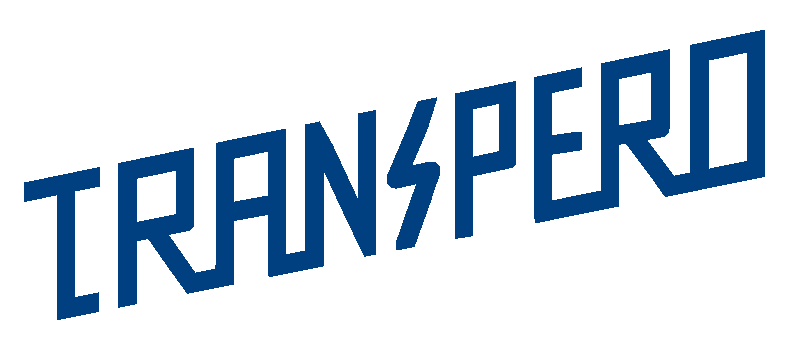
What were once paper records, spread across multiple departments and locations, are now transformed into digital assets? It is mainly due to the innovations of blockchain technology which has provided a backbone for organizations to store and transfer data securely and privately while maintaining a level of transparency that surpasses existing solutions. Bitcoin has dominated the cryptocurrency market, but it has also invaded many other industries and top companies around the world.
Blockchain technology provides businesses with additional benefits and opportunities. We should not overlook the changing landscape of how the business operates nowadays thanks to this new system which could potentially be the next big thing on our list of technological developments in tokenization and digital assets. Blockchain technology could soon be the foundation for an entirely new economy.
NFTs are digital assets on the blockchain.
NFTs are digital assets that are unique, ownable, divisible, interchangeable, and transportable. Non-fungible tokens (NFTs) are like the “blueprint” of our physical world’s assets: precious metals, land titles and other property rights. It can be possible to establish a wide variety of properties for an NFT.
Unlike traditional infrastructures that underpin the Internet, blockchain is the first shared global infrastructure based on distributed trust. The Internet already changed how we communicate with one another, but blockchain technology now promises to revolutionise virtually every aspect of life, including the financial and technological sectors. Practical applications
New technologies will change how we do things, and it’s only natural that some industries and sectors will adapt to this new reality more quickly than others.
From real estate, finance, retail and healthcare to government services, the automotive industry or Internet-of-Things (IoT), blockchain technologies (like NFTs) transform business models, processes and practices. Blockchain technology could be used in two ways: as an enabler for these digital assets or as an infrastructure on which digital assets can rest.
What are the benefits of NFTS?
NFT ownership is secured via a blockchain
Blockchain technology is the core framework on which NFTs can exist and thrive. Proof of ownership and other information concerning the token is stored on a blockchain instead of a third-party database.
In addition to securing the NFT, blockchain allows users to control their data in its entirety. It means that users can integrate customizable privacy policies for their blockchain transaction data rather than relying on centralized application programming interfaces (APIs) where users have limited control over what parts of their transaction history are shared with third parties.
NFTs boost Inclusive growth
Small and medium enterprises (SMEs) may enjoy the same level of certainty around asset ownership as larger organizations, leading to more inclusive growth in the marketplace.
As NFTs are digital assets, they can be issued quickly and efficiently via a company’s website. It could give SMEs a platform for issuing tokens that act as shares or assets within the business. Blockchain technology could help with inclusive growth at every level of business by making it easier for smaller businesses to raise funds.
NFTs have lower barriers to entry
The barriers to creating new NFT tokens are significantly lower than those for creating traditional ERC20 tokens. They require less development work and cost much less money. Therefore, it could be attractive for companies that want to launch their tokenized assets.
NFTs reduce loss of control
It is easier to lose control over third-party platforms and subsequent data loss. The owner of an NFT has a direct line of private access to the token and, therefore, their information.
Companies and individuals can easily apply new functions, such as using the tokens as a platform currency and converting one NFT into fiat currencies. These features and the ability to securely store records on a blockchain at no cost can make blockchain technology very appealing for SMEs and individuals alike.
Creation of Economic Opportunity
Creating new opportunities for inclusivity of business and investment through asset digitization, blockchain and smart contracts. In addition, Disintermediate costs are much lower than centralized solutions for many use cases. That will create further opportunities for blockchain-based platforms to displace incumbent solutions in many industries.
Blockchain infrastructure is a crucial enabler for digital assets to be used as fundraising vehicles. The technology aims to empower businesses with the ability to tokenize the value of their assets while maintaining compliance within existing regulatory frameworks that protect investors, financial institutions, and others involved with raising capital.
NFTs Foster Marketplace Efficiency
NFTs can be used to support the growth of secondary markets by providing clarity around the ownership and authenticity of assets. So it is because NFTs are unique digital assets secured by a blockchain, making them easy to verify, track and transfer.
NFTs could increase liquidity
Digital assets with a clear owner will be easier to buy or sell on the open market than those without, which can benefit both buyers and sellers. Therefore, NFT tokens could become more liquid than comparable physical items on an open marketplace and may attract higher prices due to broader buyer interest.
